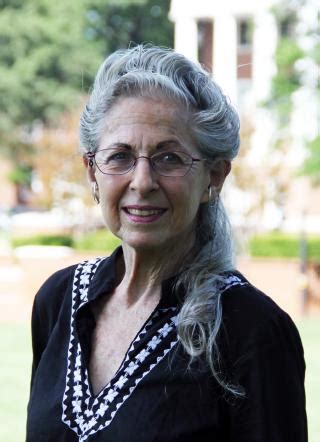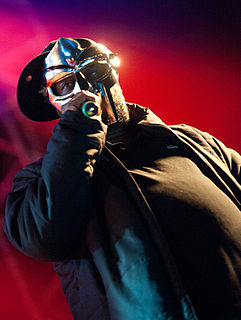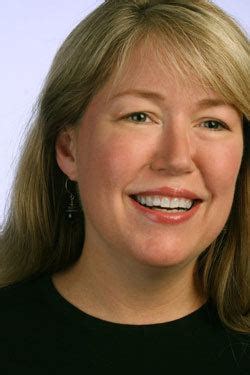A Quote by Doris Lessing
Always, in epochs when the languages and dialects of a culture have become outstripped by development of a practical sort, these languages become repetitive, formalised -- and ridiculous. Phrases, words, associations of sentences spin themselves out automatically, but have no effect: they have lost their power, their energy.
Related Quotes
I have become interested in languages which I cannot make up, which I cannot create or even create in: I have become interested in languages which I can only come up upon (as I disappear), a pirate upon buried treasure. The dreamer, the dreaming, the dream. I call these languages, languages of the body.
To say that truth is not out there is simply to say that where there are no sentences there is no truth, that sentences are elements of human languages, and that languages are human creations.~ The suggestion that truth~ is out there is a legacy of an age in which the world was seen as the creation of a being who had a language his own.
Writing in African languages became a topic of discussion in conferences, in schools, in classrooms; the issue is always being raised - so it's no longer "in the closet," as it were. It's part of the discussion going on about the future of African literature. The same questions are there in Native American languages, they're there in native Canadian languages, they're there is some marginalized European languages, like say, Irish. So what I thought was just an African problem or issue is actually a global phenomenon about relationships of power between languages and cultures.
What I'm really involved in when I'm writing is something that no one ever mentions when they see any play. Writing is like trying to make gunpowder out of chemicals. You have these words and sentences and the strange meanings and associations that are attached to the words and sentences, and you're somehow cooking these things all up so that they suddenly explode and have a powerful effect. That's what absorbs me from day to day in writing a play.
Syntax is the study of the principles and processes by which sentences are constructed in particular languages. Syntactic investigation of a given language has as its goal the construction of a grammar that can be viewed as a device of some sort for producing the sentences of the language under analysis.
There's something nearly mystical about certain words and phrases that float through our lives. It's computer mysticism. Words that are computer generated to be used on products that might be sold anywhere from Japan to Denmark - words devised to be pronounceable in a hundred languages. And when you detach one of these words from the product it was designed to serve, the words acquires a chantlike quality.
I was fascinated by the lack of a word for a parent who has lost a child. We have no word in English. I thought for sure there'd be a word in Irish but there is none. And then I looked in several other languages and could not find one, until I found the word Sh'khol in Hebrew. I'm still not sure why so many languages don't have a word for this sort of bereavement, this shadowing.






































